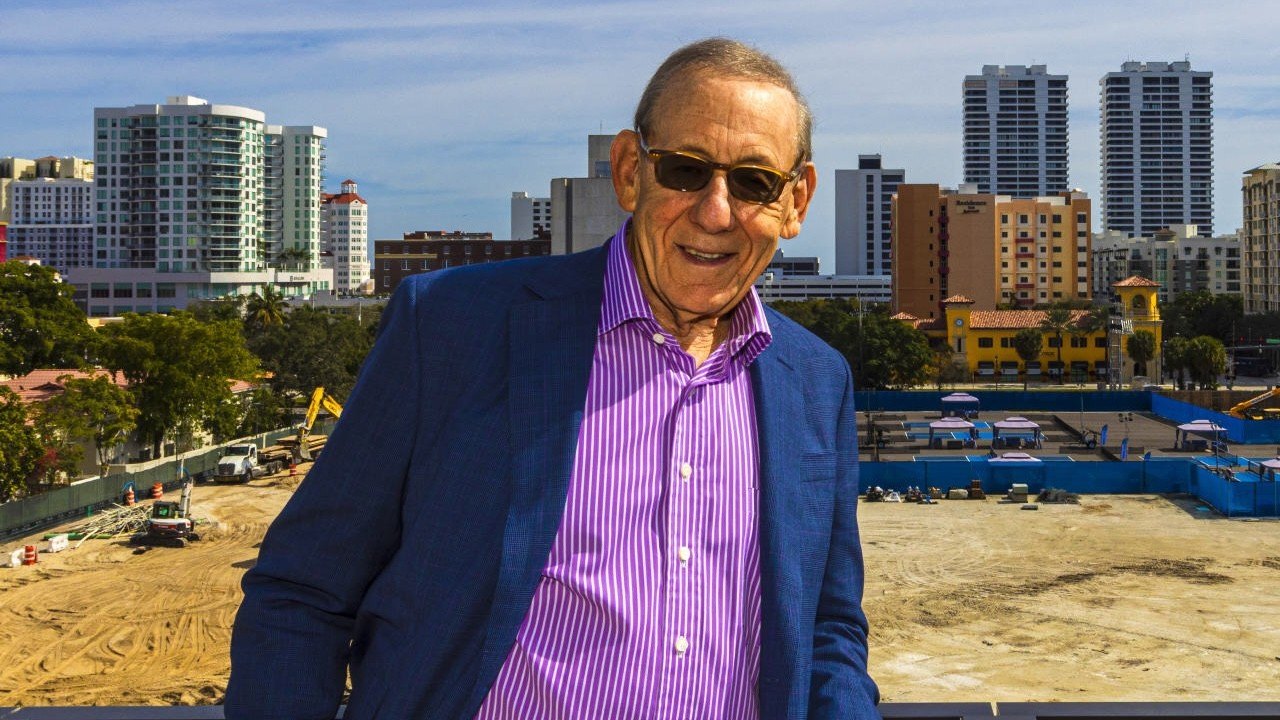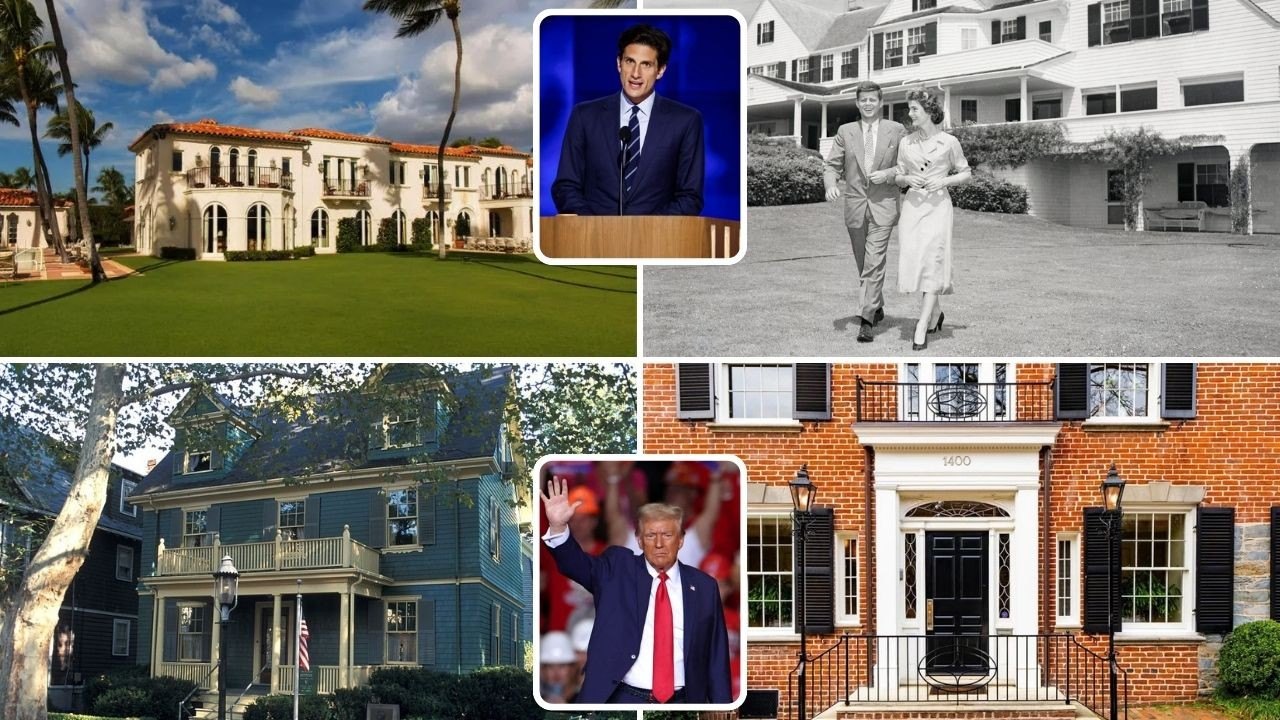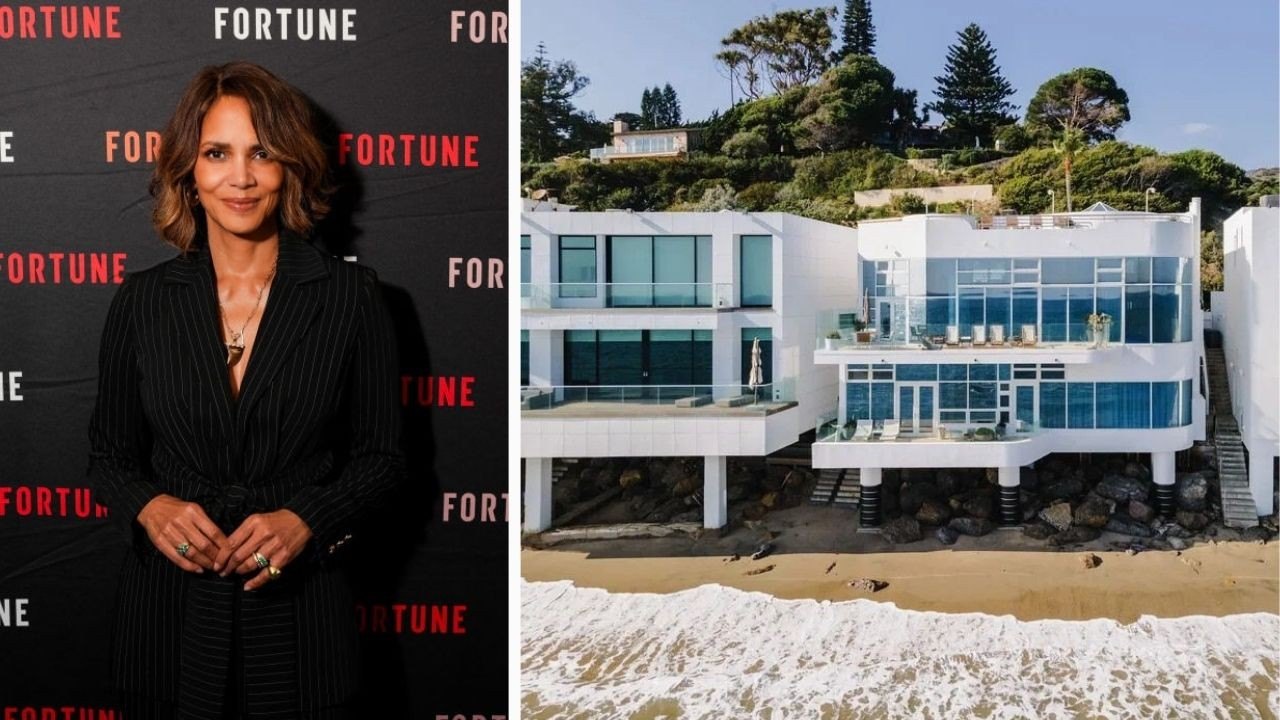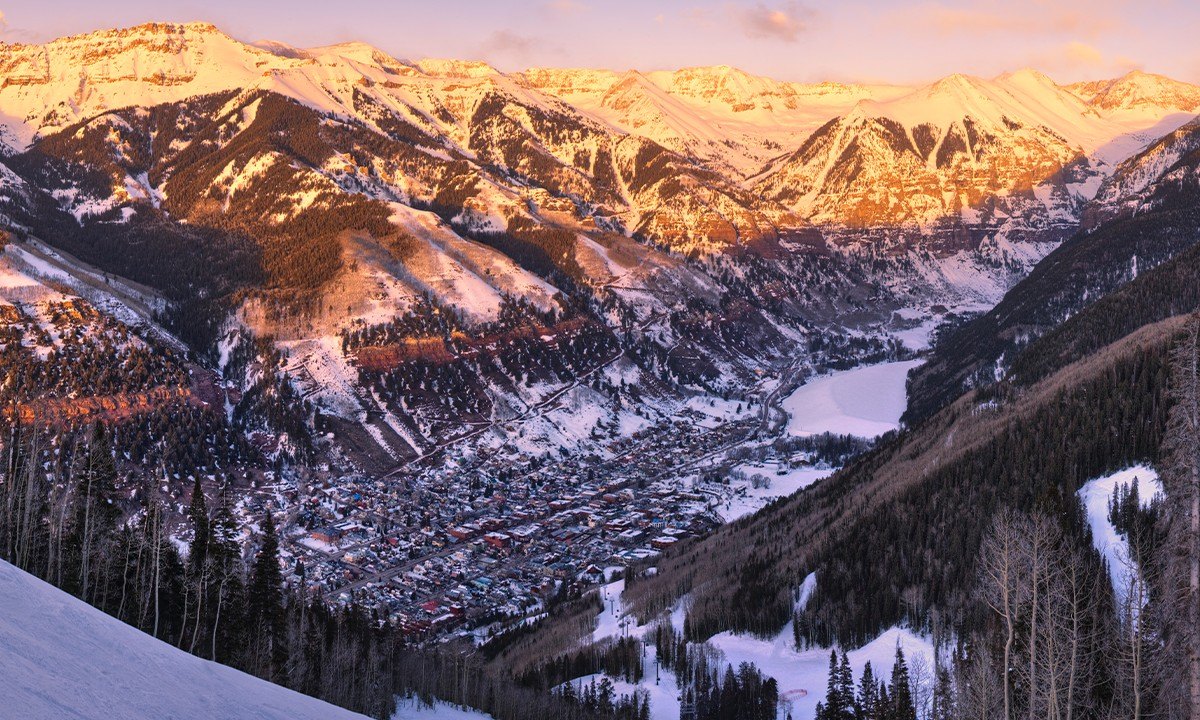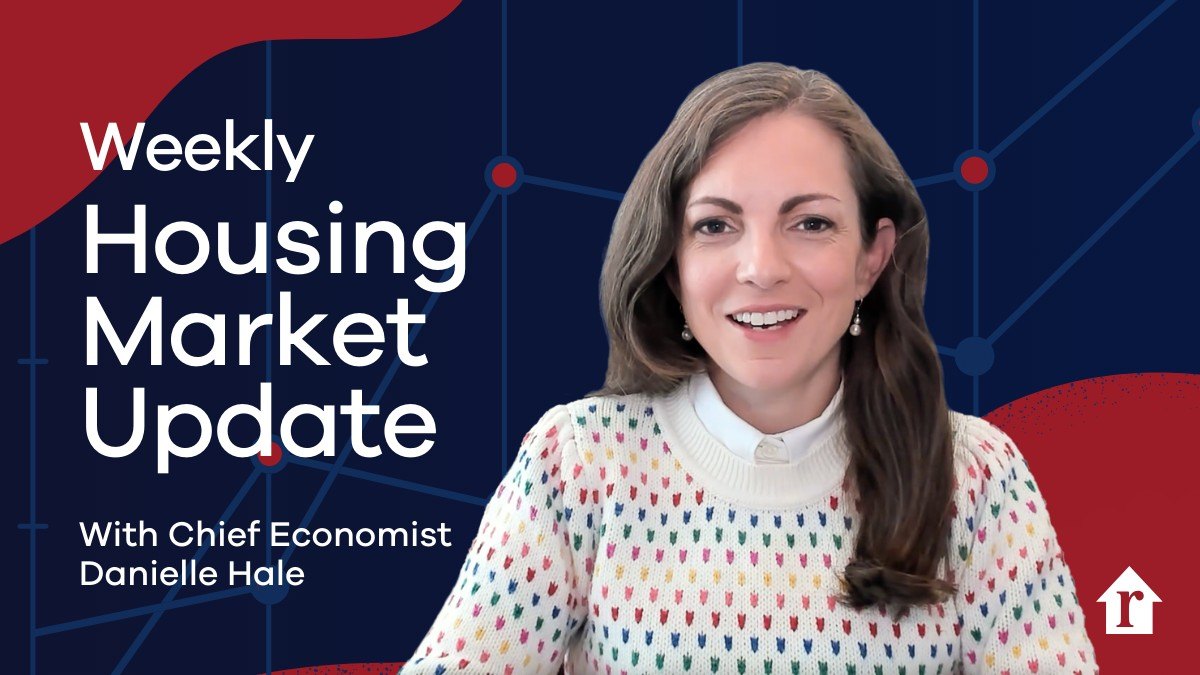Florida Condo Owners Brace for Higher Fees

Jeffrey Greenberg/Universal Images Group via Getty Images
Condo buildings have been under greater scrutiny in Florida in the wake of the Surfside condo collapse, and a major deadline is looming for condo associations that could see fees skyrocket for many homeowners.
Since the collapse of Champlain Towers South more than three years ago, a new law requires condo associations to submit spending plans for repairs by Dec. 31.
The law, under Senate Bill 4D—which is intended to make old buildings safer—was approved by the Florida legislature in May 2022. It requires Florida condo associations with properties that are three stories or higher to complete a Structural Integrity Reserve Study, or SIRS.
This aims to ensure that associations are setting aside sufficient funds to carry out essential repairs and maintenance on their properties over the long term.
And condo associations and owners will have to foot the bill.
What happened at Surfside
The Champlain Towers South condo in Surfside, FL, partly collapsed on June 24, 2021, killing 98 people and injuring 11 others.
The condo building was constructed in 1981, and investigators later found that several design and construction features were not up to code.
Investigators discovered deteriorated concrete in the basement parking garage due to water damage, and deficiencies in the pool deck’s alignment and reinforcement as well.
What the new law means
In a nutshell, the new law mandates that condo buildings over 30 years old pass a structural integrity inspection. Then it requires homeowners and condo associations to finance the needed maintenance and repair work.
The SIRS will specify an annual reserve amount designed to cover the anticipated costs of future major repairs to the building.
Condo associations are required to adjust their budget according to the report, which must be submitted to the Florida Department of Business and Professional Regulation within 45 days.
They are required to share the SIRS and a revised budget with every condo owner within 45 days as well.
Condo owners will then be required to make monthly contributions to their associations’ reserve funds to support these long-term repairs and upgrades.
Whether or not some condo associations will go bankrupt remains to be seen, but it is a major concern.
Residents scared of rising prices
Many condo owners are terrified they won’t be able to afford the costs required to maintain buildings built before 1994 and keep them safe.
This is especially nerve-racking for retirees on a limited income.
However, Gov. Ron DeSantis has said he wants “to make sure any safety measures are implemented in ways that are reasonable and affordable to the residents.”
What this has done to Florida’s condo market
Many owners are panicking, trying to sell their condos at a loss to avoid the rising assessments and HOA fees that they might not be able to afford.
However, Nicole Mickle of Olympus Executive Realty in Florida says “they are listening to Realtors® on why and how we can position them to be more strategic in the sale.”
Meanwhile, many would-be buyers are hesitant, given the circumstances.
There are plenty of condos on the market in Florida that are having difficulty finding a buyer, according to Cara Ameer, a real estate agent with Coldwell Banker in Florida.
“Right now, people feel like they would be buying into a problem and they don’t want to take that on. I can’t say I blame them given all of the uncertainty. Many people would rather buy a single-family home or townhome with less fees that may not be subject to so much oversight.”
The effects of the new law will no doubt affect the condo buying and selling process in Florida from here on out.
“Buyers, mortgage lenders, and title companies will now inquire about inspection reports, reserve funding, and the status of potential assessments for repairs,” says attorney James Gonzalez, partner with Cobb & Gonzalez, P.A.
“Sellers, on the other hand, may not be able to convey clear title to their units if their buildings are not compliant with these new Florida laws due to having unmet inspection requirements or underfunded reserves.”
Other fees have increased
Since the Surfside collapse, HOA fees for condos in Florida have almost doubled.
After the new law passed the following year, many condo associations imposed special assessments for owners, as well.
Homeowners insurance premiums have also shot up.
“Homeowners insurance in Florida has skyrocketed for a multitude of reasons—the first of which is the result of Surfside,” says Jeff Lichtenstein, the owner and broker of Echo Fine Properties, a luxury real estate brokerage selling real estate in Palm Beach County.
Insurance companies hiked up rates for condo association insurance and collapse coverage after the Surfside tragedy.
What the next steps are
Condo associations that have received their SIRS and have approved a budget will now be required to use the study to allocate funds for structural reserves.
Lichtenstein says there is a silver lining for buyers and sellers: “There has been so much cost uncertainty, which has deterred buyers. That mystery is now ending and, with it, the tide will start to turn.”
Categories
Recent Posts
